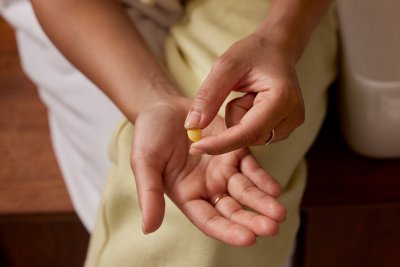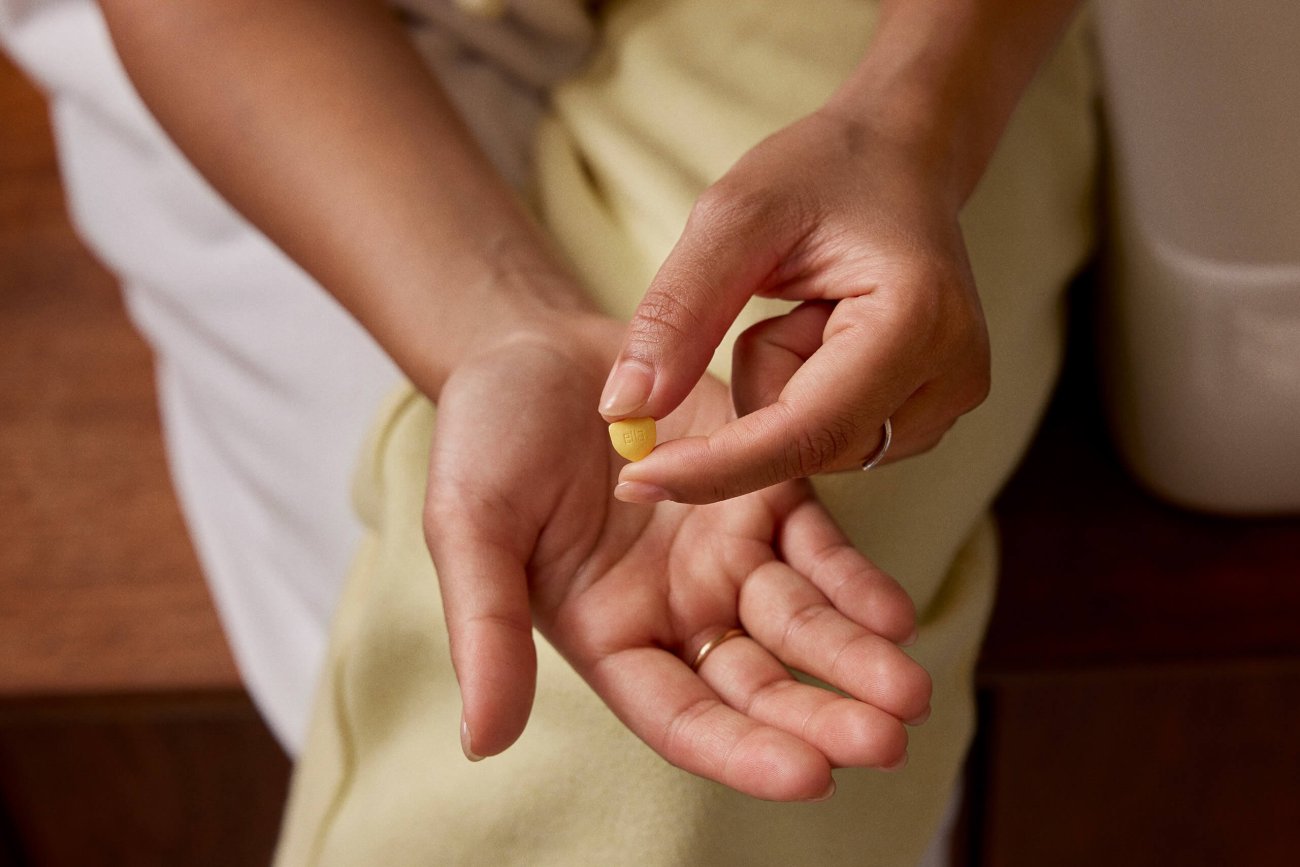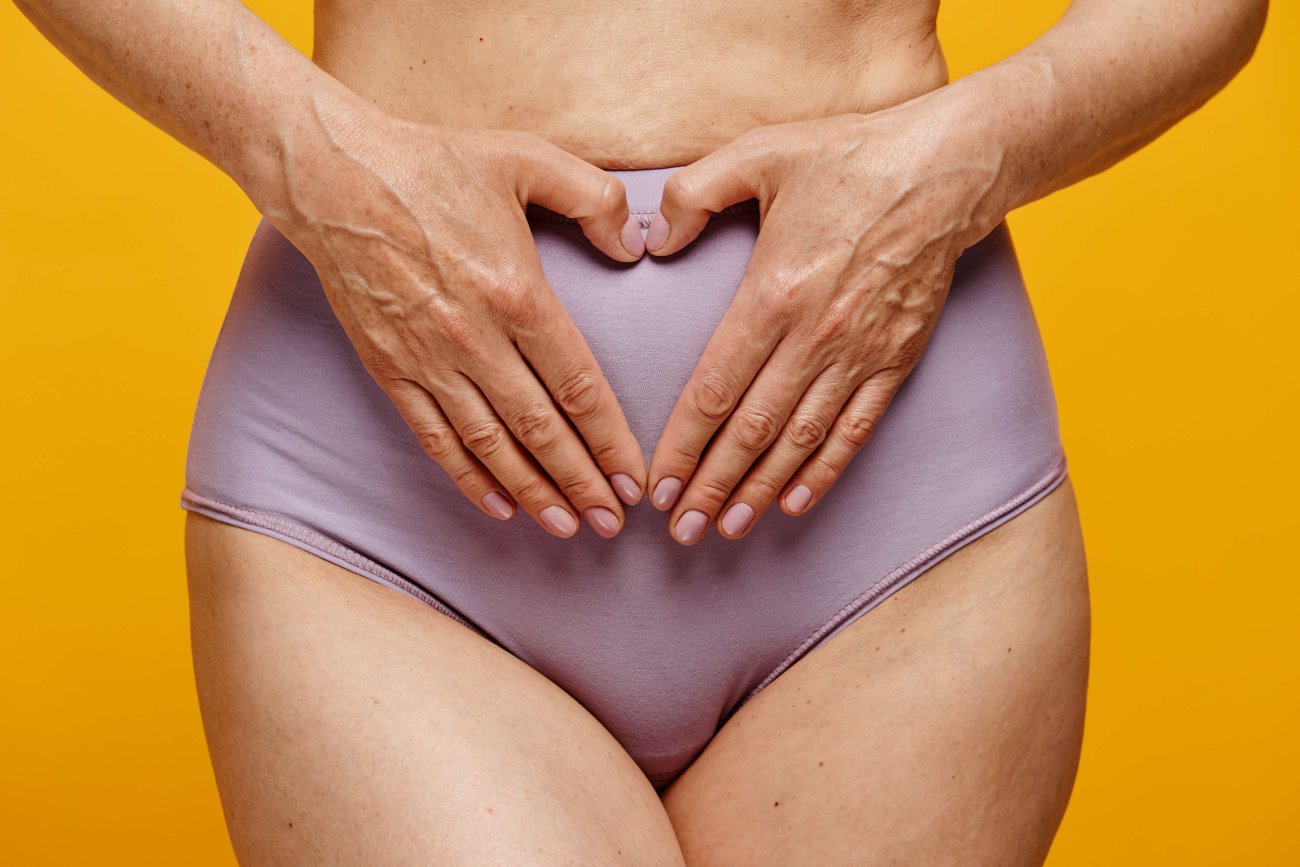Types of contraception, long-term and short-term
Find the right contraception
Everyone’s contraception journey is unique. Knowing your options makes it easier to find what fits, whether daily like the pill, long-term like implants or IUDs, or a trusted backup with ellaOne®.
When you’re considering birth control for the first time, the amount of information out there can feel overwhelming. We get it. The good news is you have options. Pills, patches, implants, and IUDs all work in different ways. It’s just a matter of finding what’s right for you.
What are the main types of contraception?
There are several types of contraception, including both short-term and long-term options.
The four main categories include:
Hormonal contraception
These release hormones (usually progesterone, sometimes combined with oestrogen) to prevent ovulation or thicken cervical mucus, making it harder for sperm to reach an egg. Common hormonal methods include:
– The pill (combined or progesterone-only ‘mini pill’)
– The patch which you wear on your skin and change weekly
– The implant, a small rod placed under the skin of your arm that works for up to 3 years
– The injection, given every 8-12 weeks
Many people choose hormonal methods because, besides preventing pregnancy, they can reduce PMS symptoms, regulate periods, and even improve acne.
Barrier methods
These physically block sperm from entering the uterus and include:
– Male condoms, which also protect against sexually transmitted infections (STIs)
– Female condoms, worn inside the vagina
– Diaphragms and cervical caps, which cover the cervix and are used with spermicide
These are great if you want short-term contraception, or looking to avoid hormones altogether.
Intrauterine methods (IUDs)
An IUD is a small T-shaped device placed in your uterus by a healthcare provider. Once it’s in, you can forget about it for years, making it one of the most effective long-term contraception options available.
There are two types:
– Hormonal IUDs, which release a small amount of hormone locally to prevent pregnancy and also reduce heavy periods and cramps
– Copper IUDs, use copper’s natural sperm-repelling properties and are hormone-free
IUDs are long-lasting, highly effective, and reversible whenever you’re ready.
Emergency contraception
Sometimes things don’t go as planned. That’s where emergency contraception comes in, including morning after pills containing ulipristal acetate (like ellaOne®) or levonorgestrel, as well as the copper coil. Taken up to 5 days after unprotected sex or contraception failure, ellaOne® helps prevent pregnancy by delaying ovulation. It’s a reliable backup when you need it most.
What is the most effective contraception?
Looking for the most effective contraception? Long-term methods like implants and IUDs come out on top. No daily reminders, no user error, just over 99% protection once in place.
Here’s how the main types compare:
| Contraception Method | Effectiveness |
| Implant or IUD | ✅ Over 99% effective |
| Combined pill, patch, injection | ✅ 91–95% (typical use) |
| Condoms, diaphragms, caps | ✅ 80–88% |
| Emergency contraceptive pills | ✅ Up to 98% if taken within 24 hours for ulipristal acetate, or 95% for levonorgestrel |
| Abstinence | ✅ 100% but not for everyone |
Which contraception is right for me?
Everyone’s body is different. And so are your priorities.
Ask yourself:
– Do I want hormones?
– Can I remember a daily pill?
– Do I want something private and long-term?
– Am I okay with procedures like insertions?
And remember, you’re not locked in. It’s perfectly okay to try one and switch if it doesn’t feel right. Talk to your GP, pharmacist, or sexual health nurse to explore what fits your life.
Summary
Contraception isn’t about ticking boxes, it’s about what makes sense, right now. Your needs may change, and that’s okay. The right method moves with you. Whether you’re planning, preventing, or need a backup like ellaOne®, being informed puts the power in your hands.
Own your choice. Back it with confidence.
FAQ
Can the mini pill cause side effects?
Yes, like any hormonal contraception, the mini pill (progesterone-only pill2) can have side effects. Some people experience changes in bleeding patterns, mood swings, or acne. That said, many tolerate it, especially if they can’t take oestrogen.
Always read the leaflet carefully and discuss with your healthcare provider if you have any worries. Please remember to report any side effects to your healthcare provider or report them via MHRA’s Yellow Card Scheme.
Is there a type of contraception that doesn’t contain hormones?
Absolutely. Non-hormonal contraception includes male and female condoms, diaphragms, cervical caps, and the copper IUD. These are great if you want to avoid hormonal side effects.
What are the best condoms for comfort and reliability?
The best condoms are the ones that fit well, feel comfortable, and are used correctly every time. Look for CE-marked and BSI Kitemarked brands and try different sizes or materials (like latex-free options) to find what suits you.
What’s the difference between the contraceptive patch and the pill?
Both the contraceptive patch and the pill release hormones to prevent pregnancy. The difference is in how you take them. The patch is changed weekly, while the pill is taken daily. If remembering a daily pill feels tricky, the patch could be easier to manage.
Can I switch contraception methods easily?
In most cases, yes. Switching between different types of contraception3 (like going from the pill to an IUD or vice versa) is straightforward. Your healthcare provider can guide you through the timing to avoid any gaps in protection.
Are there contraception methods that help with period pain and acne?
Many hormonal contraception methods, like the combined pill or hormonal IUD, can ease PMS, reduce cramping, and improve skin. If that’s a priority for you, talk to your doctor about which option might help most.
Which birth control causes weight gain?
While the DMPA injection leads to slight weight gain for some, most hormonal methods, like the combined pill, mini pill, or hormonal IUD, don’t result in weight changes. Some people even report weight loss. If you’re unsure, your GP can help you find the right fit.
How many times can you take the morning after pill?
There’s no limit, but it’s for emergencies only. Regular birth control is better long-term.
References
- 4 Types of Birth Control to Help You Plan Your Future
- Side effects and risks of the progestogen-only pill – NHS
- Switching Birth Control Pills: A How-To Guide
How and Why Condoms Break | ellaOne® Magazine
Fertility Tracking Apps: The Future of Contraception?
ellaOne® 30mg film-coated tablet contains ulipristal acetate and is indicated for emergency contraception within 120 hours (5 days) of unprotected sexual intercourse or contraceptive failure. Always read the label.










